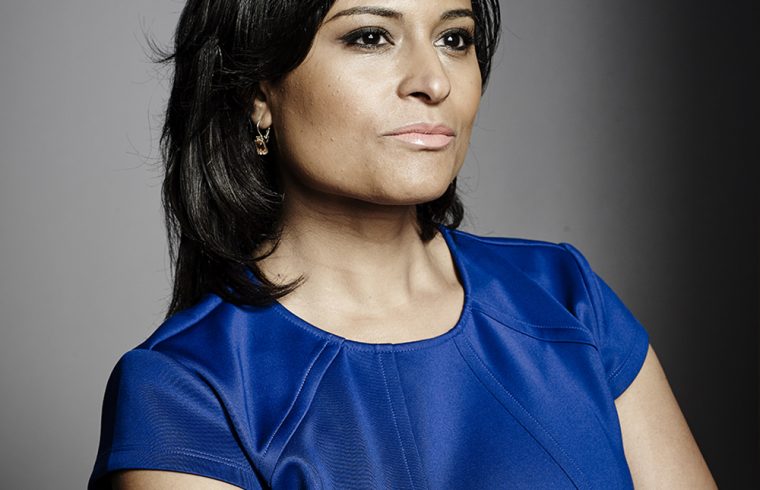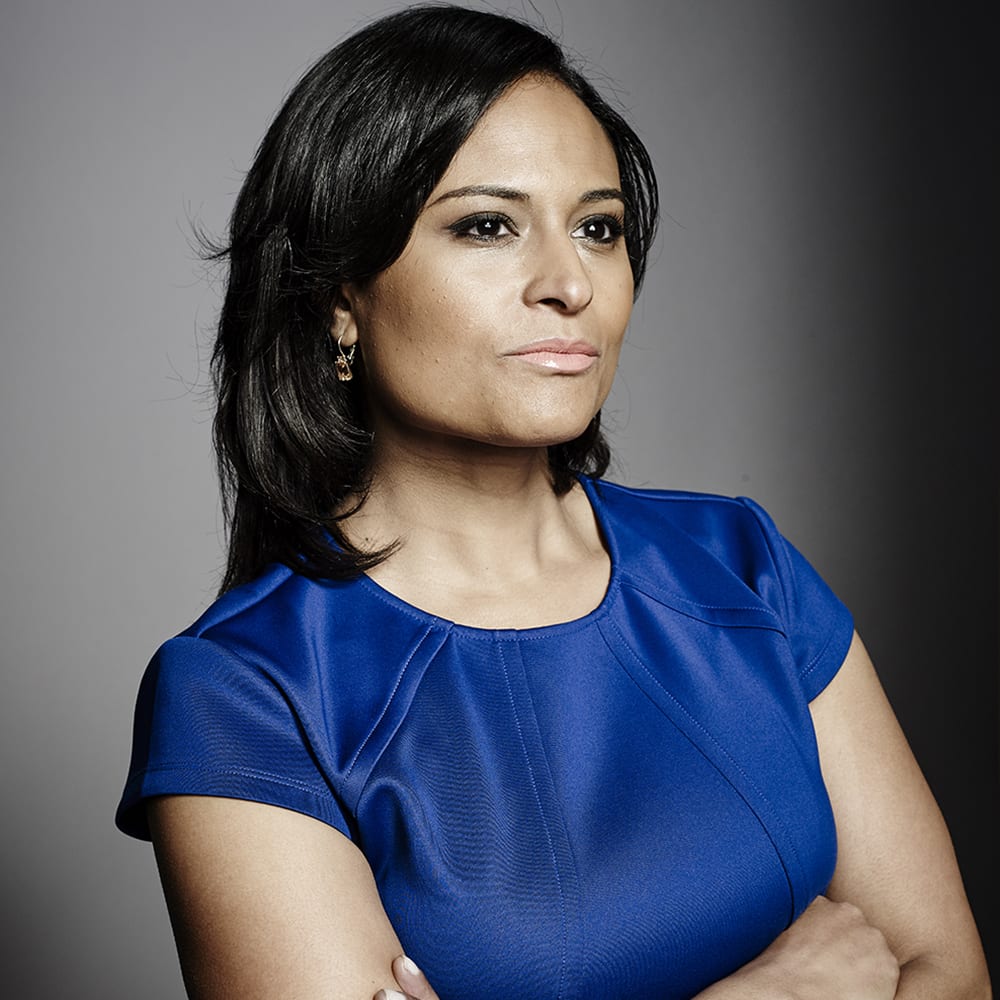OSAKA, Japan — President Donald Trump and Chinese President Xi Jinping moved Saturday to relaunch stalled talks aimed at ending a trade war that has unnerved economic markets around the world, and China said the United States had agreed to hold off on a new round of threatened tariffs on Chinese imports.
“We are right back on track,” Trump said following a lengthy meeting with Xi on the sidelines of the Group of 20 economic summit in Osaka. “We had a very, very good meeting with him, I would say probably even better than expected, and the negotiations are continuing.”
China, in a statement carried by its official Xinhua news agency, said negotiations had been restarted “on the basis of equality and mutual respect,” adding, “The U.S. side said not to add new tariffs on Chinese exports.”
If confirmed by Washington, the averted tariffs on another $300 billion in Chinese goods would remove a looming threat to the global economy, but could also raise questions about what Trump received in return. The White House did not immediately confirm that Trump had agreed to hold off on more tariffs. But the president was expected to address the trade talks directly during a news conference scheduled for 3:30 p.m. in Osaka.
“As good as it’s going to be,” Trump said in describing his meeting with Xi, as he briefly addressed reporters later during a separate meeting with Turkey’s President Recep Tayyip Erdogan.
Trump has already slapped a 25 percent tariff on $250 billion in Chinese goods to the dismay of global economists. Absent an off-ramp, Trump has also threatened 25 percent tariffs on another $300 billion in goods from China, though he softened that position slightly before his trip by saying the rate could possibly be 10 percent instead.
Whether trade talks would be relaunched and more tariffs avoided has been the key question overshadowing Trump’s trip to the annual G-20 summit. Although a senior Trump administration official said there were “absolutely no preconditions” for their meeting, the serious ramifications for the economy in both countries raised the stakes for some type of resolution or breakthrough, even if only partial.
Before their meeting, NBC News and others reported that China planned to demand the U.S. remove all punitive tariffs on China as a precondition for an actual deal and also lift Trump’s ban on the Chinese telecom firm Huawei, accused by the U.S. of spying.
Although Beijing and Washington appeared headed toward a deal in May, the U.S. blamed China for scuttling the talks by pulling back from concessions it had already agreed to make. As he started his meeting with Xi midday Saturday, Trump alluded to the breakdown in restrained, diplomatic terms that suggested he was seeking to avoid calling out the Chinese leader publicly in hopes of salvaging prospects for renewed talks.
“I actually think we were very close and then something happened where it slipped a little bit,” he said. “Now it’s getting a little closer.”












